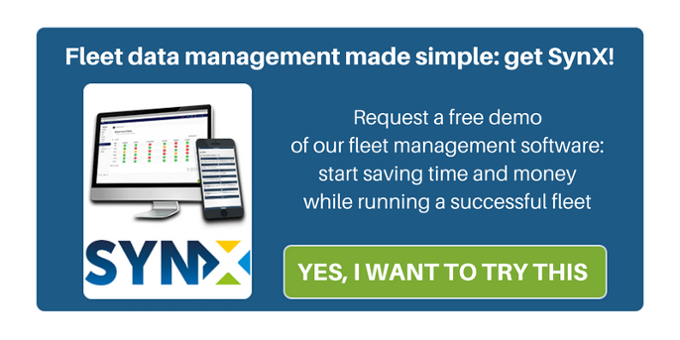
These days companies from every sector can benefit from the golden, if not sometimes overwhelming, opportunity to access unprecedented quantities of data—and this also applies in the case of fleet data management. “Big data” is the latest term referring to the incredible volume of data that daily inundates any business and sometimes frightens those who are not “the techiest”.
That’s why companies might assume big data is a technical matter rather than a business one and prefer to use traditional ways of collecting data for their decision-making rather than exploring this new concept and finding out how to take advantage of it in their business—fleet managers are no exception.
Traditional ways of collecting data—or, if you prefer, the OLD method—include spreadsheets and report preparation that
1 - requires a time investment
2 - might actually vary depending on whoever is collecting data—so is not necessarily objective
3 - not being objective, the data collected is therefore slanted and not necessarily dependable: in the end it can negatively impact your business.
If you have access to objective data collected automatically, you can analyse data more accurately and get the answers you really need to help you
- develop new products or services for your company
- make smart, informed decisions
If you combine the data you get with analytics and reports, it can only bring advantages for your business, as this will allow you to
- determine the causes of any issues in your fleet/business in real time or in a very short space of time
- generate new products on the basis of the customer information you get
So data is not only something for techies, but primarily for those who want to improve their business and start to collate all the data in relation to reports and contextual information.
Do you want to do the same for your fleet?
Get in touch with us for a free SynX demo and we can show you how to master fleet data management in order to develop your business.





